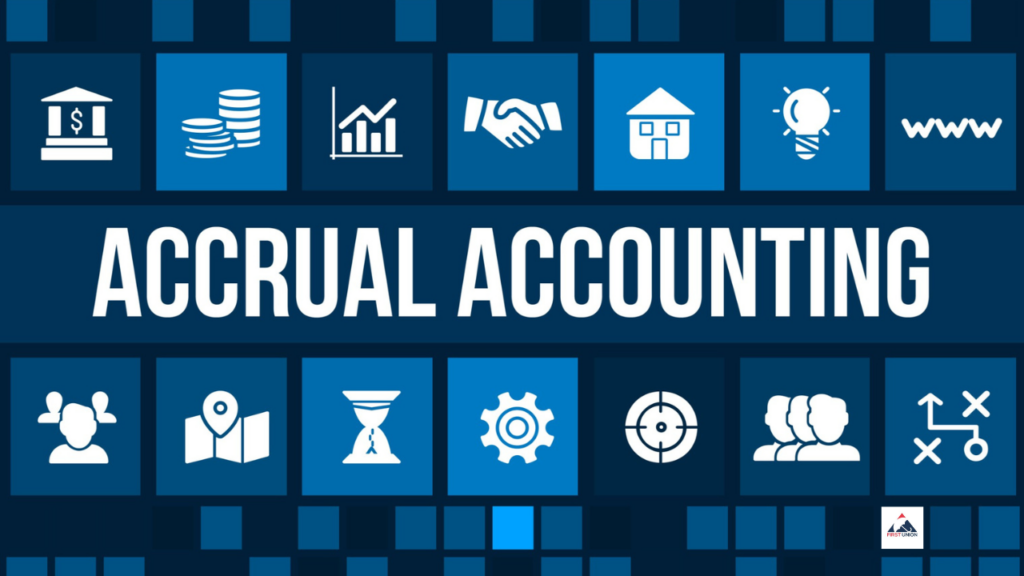
Accrual basis accounting is a method in which revenue and expenses are recognized when earned or incurred, regardless of when the cash is received or paid out. In other words, the financial records are kept based on the economic activity of the business rather than on the actual cash flow in and out of the company.
Revenue and Expense Recognition in Accrual Basis Accounting
Accrual accounting records revenue when earned, even if the customer still needs to pay for goods or services. The same principle applies to expenses. Expenses are recorded when incurred, regardless of when payment is made. In this method of accounting, expenses, and revenues are recognized in the period in which they occur.
Advantages of Accrual Accounting
The primary advantage of accrual base accounting is that it provides a more accurate picture of a business’s financial condition. It reflects the company’s economic performance more accurately than the cash accounting method. It helps businesses better understand their current financial position and their prospects for future success.
Accrual Accounting for Comparisons and Forecasts
Another advantage of accrual accounting is that it provides a better basis for comparing financial statements over several periods. This allows businesses to evaluate their performance more accurately and to make more informed decisions. In addition, accrual accounting provides a more accurate basis for budgeting and forecasting future financial performance.
Accrual Accounting for Income and Expense Recognition
One of the notable advantages of accrual accounting is that it allows a business to record income and expenses at the point of entry in most cases. This means a company can record revenue as soon as the sale is made, even if the customer pays in installments over an extended period. Similarly, expenses can be recognized when incurred, providing a more accurate picture of the company’s cash position.
Drawbacks of Accrual Accounting: Complexity and Risk of Errors
However, some things could be improved in accrual accounting. One of these is complexity. Accrual accounting can be more complex and time-consuming than cash accounting, owing to the increased demands on record-keeping and accounting expertise.
Another disadvantage of accrual accounting is the increased risk of errors. It is essential to keep accurate and detailed financial records to ensure that information is correctly recorded. Since it is more complicated than cash accounting, it can be more difficult to trace errors and determine their source.
Accrual Accounting and Tax Implications
Finally, accrual accounting can result in businesses paying tax on profits they have yet to receive. As revenue is recognized when it is earned, this can mean that a business is taxed on income that it has yet to receive, leading to a cash flow squeeze.
Accrual vs. Cash Accounting
Accrual accounting provides a more accurate view of a company’s financial health than cash accounting. It helps companies better understand their current financial position and make more informed decisions. It provides a more accurate basis for evaluating the company’s performance over time. However, it is more complex than cash accounting, and the risk of errors is higher, particularly if proper record-keeping procedures still need to be in place. In addition, tax implications should be considered when using this method of accounting. A business must choose the accounting method that is most appropriate for its needs and objectives.
